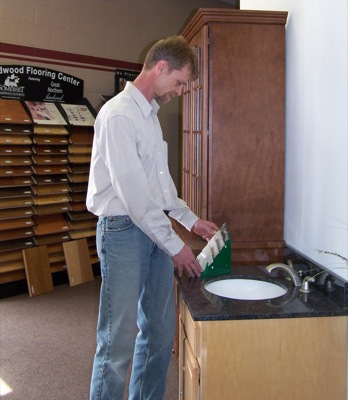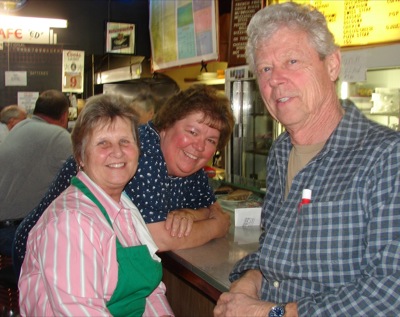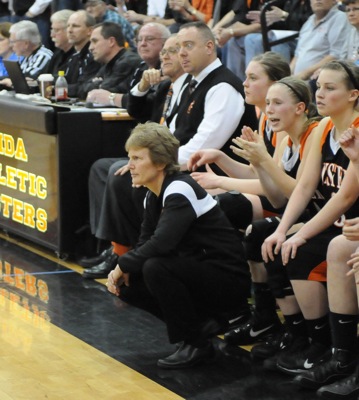Wednesday, March 17th, 2010
State to oversee local licensed sitters
By Shelley Grieshop
Licensed in-home childcare providers soon will be unionized and will have to deal directly with the state instead of the local Job and Family Services (JFS) agency.
Effective March 27, the state's JFS department will handle nearly all licensed in-home childcare issues that arise at the local level. The change means the childcare providers - who care for children of income-eligible adults who work - will become members of the American Federation of State, County and Municipal Employees (AFSCME). Ohio Gov. Ted Strickland penned the contract with the AFSCME in January.
The AFSCME involvement gives union rights to the 15 in-home childcare providers in Mercer County who care for 180 to 230 children each month. As official union members, the providers also will begin paying dues.
Dale Borger, director of the county's JFS agency, said his department has dealt well with the responsibility through the years and he isn't convinced the state's involvement is a good thing.
"I'm concerned," he said. "But I can't change it, so we'll just have to deal with it."
Besides the private homes, there are five state-licensed childcare centers in the county where youngsters are cared for at a government-subsidized pay rate so their parents or guardians can work. The childcare centers already answer to the state.
The local JFS currently calculates the local childcare costs per provider and distributes the checks through the county auditor's office. By the end of the month, those checks will be issued by the state. However, Borger said his office will continue to calculate the payments on a temporary basis until the state takes over that task.
Mercer County commissioners discussed the issue at their meeting Tuesday. They said they feared the "personal" element will be removed when the state steps in.
"It kind of eliminates that personal contact we have now with those caregivers," Commissioner Bob Nuding said. "Our people know these families."
Commissioner John Bruns shared the concern and noted how tough it might be on local providers if they need to contact someone at the state.
"We know how hard it is sometimes just getting someone on the phone ... it could be very frustrating for them," he said.
The AFSCME has publicly applauded Gov. Strickland for allowing them to represent the nearly 7,500 in-home childcare providers in Ohio. They say the executive action by Strickland gives providers new rights and a voice, establishes a grievance procedure, addresses reimbursement rates and consistent pay practices and further addresses changes in the profession.
Borger said his office will continue to issue licenses for in-home childcare providers but most other related duties will be handed off to the state.
"If this doesn't work, I'm not sure what we'll do. There's not much we can do. The state trumps us," he added.





